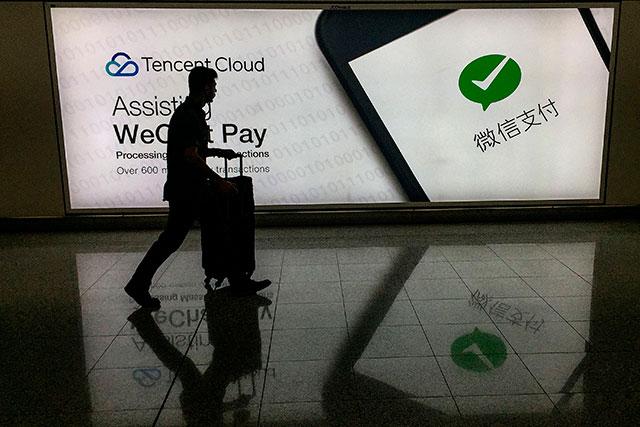You are here
China proposes firm to fund projects in Europe
By Agencies - Nov 24,2015 - Last updated at Nov 24,2015
SHANGHAI — China is proposing a financial firm to fund projects in central and eastern Europe, Premier Li Keqiang said Tuesday, extending the Asian giant's global reach as it flexes its economic muscles.
Beijing scored a major diplomatic success earlier this year when it set up the Asian Infrastructure Investment Bank, with key European countries signing up over objections from Washington.
Shanghai is also home to a new multilateral bank dedicated to the emerging BRICS countries of Brazil, Russia, India, China and South Africa, which is expected to go into operation soon.
Li told officials from 16 central and eastern European countries gathered for a regional summit in nearby Suzhou that Beijing was "ready to work with all parties to explore the possibility of setting up a 16+1 financial company to support cooperation".
Li dangled the offer of cheap Chinese funds from both the government and commercial banks to the area, which has lagged behind more prosperous nations in the western part of the continent.
"We can provide financing for central and eastern European countries in line with your needs," state television showed him saying.
"As long as these projects use Chinese products and Chinese equipment, China is willing to provide low-cost financing support," Li stated.
The country's biggest lender Industrial and Commercial Bank of China and the government policy-directed China Export Import Bank, which serves as an export credit agency, would spearhead efforts to boost lending, Li added.
But he played down the possibility of competition with other multilateral organisations, such as the European Bank for Reconstruction and Development, saying Chinese financial institutions were encouraged to "strengthen exchanges and cooperation".
Separately, China will accelerate reforms to remove internal barriers to both foreign and domestic trade, the country's Cabinet said on Monday, a move designed to bolster domestic consumption in its slowing economy.
In a comprehensive statement on its website, China's State Council outlined plans to increase economic activity across a wide range of sectors.
China is looking to give both international and domestic investors increased access to the world's second-largest economy in a bid to promote consumption.
The statement follows the council's October plenum, which outlined broad the state's broad strategic objectives for the next five years.
The State Council said in its statement it is seeking to "eliminate all kinds of conspicuous and hidden administrative monopolies, strengthen anti-monopoly laws" in an attempt to remove protectionist policies between various provinces.
While weakening China trade comes on the back of falling commodity prices and softening global growth, analysts also blame provincial protectionist import substitution policies for artificially suppressing Chinese demand for foreign products.
Additionally, the government said it would accelerate reform of the country's residence registration, or "hukou", system to unleash the spending potential of China's rural population, the document said.
Rural residents will be supported to buy their own homes and small- and medium-sized cities will be encouraged to implement tailored policies, favourable to them.
All Chinese residents have a hukou that determines their access to education and other social welfare services.
University graduates who chose to settle in provincial capitals and smaller cities would be granted local residence registration, the document added.
The government also pledged to improve Internet infrastructure and e-commerce logistics of the "last mile", the final portion of a package's journey from a retailer's warehouse or store to the customer's front door.
It also said it would expand the scope of the 72-hour transit visa, improve tax rebates for tourists and attract international consumers by hosting shopping festivals, film festivals, fashion weeks and book fairs.
China pledged to boost the development of the retail, health, travel and sports sectors to lift domestic consumption, China's Cabinet said on Sunday.
The country's three anti-monopoly regulators, the Ministry of Commerce, the National Development and Reform Commission, and the State Administration for Industry and Commerce, said in September that they would widen market access for foreign firms.
Related Articles
BEIJING — Chinese e-commerce giant Alibaba on Thursday reported a loss of 20.6 billion yuan ($2.89 billion) for the third quarter, as the co
HONG KONG — Shares in China's two biggest companies Alibaba and Tencent tumbled in Hong Kong on Thursday in response to media reports that t
BEIJING — Microsoft-owned social network LinkedIn has halted new member sign-ups for its service in China while it reviews its compliance wi
















